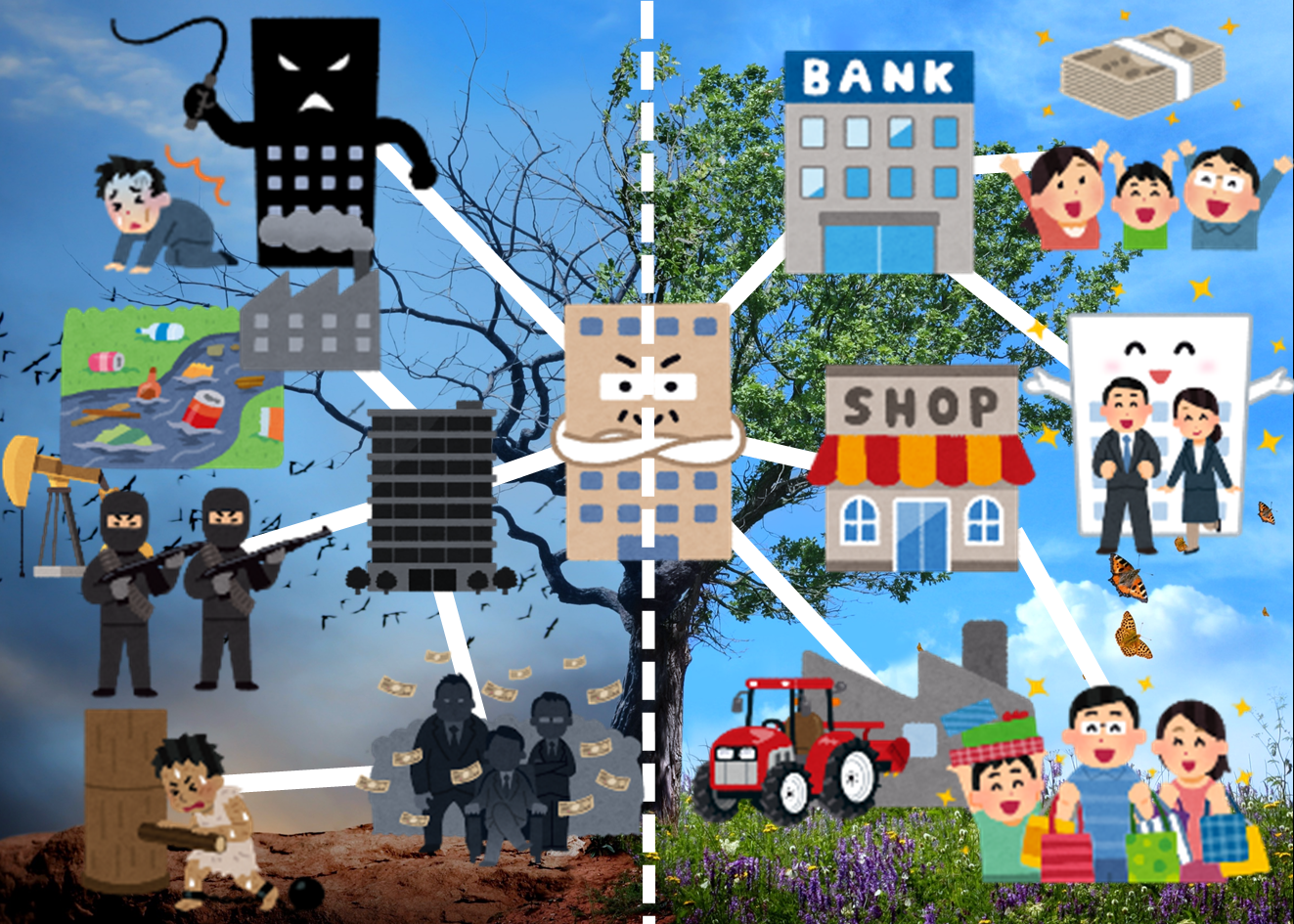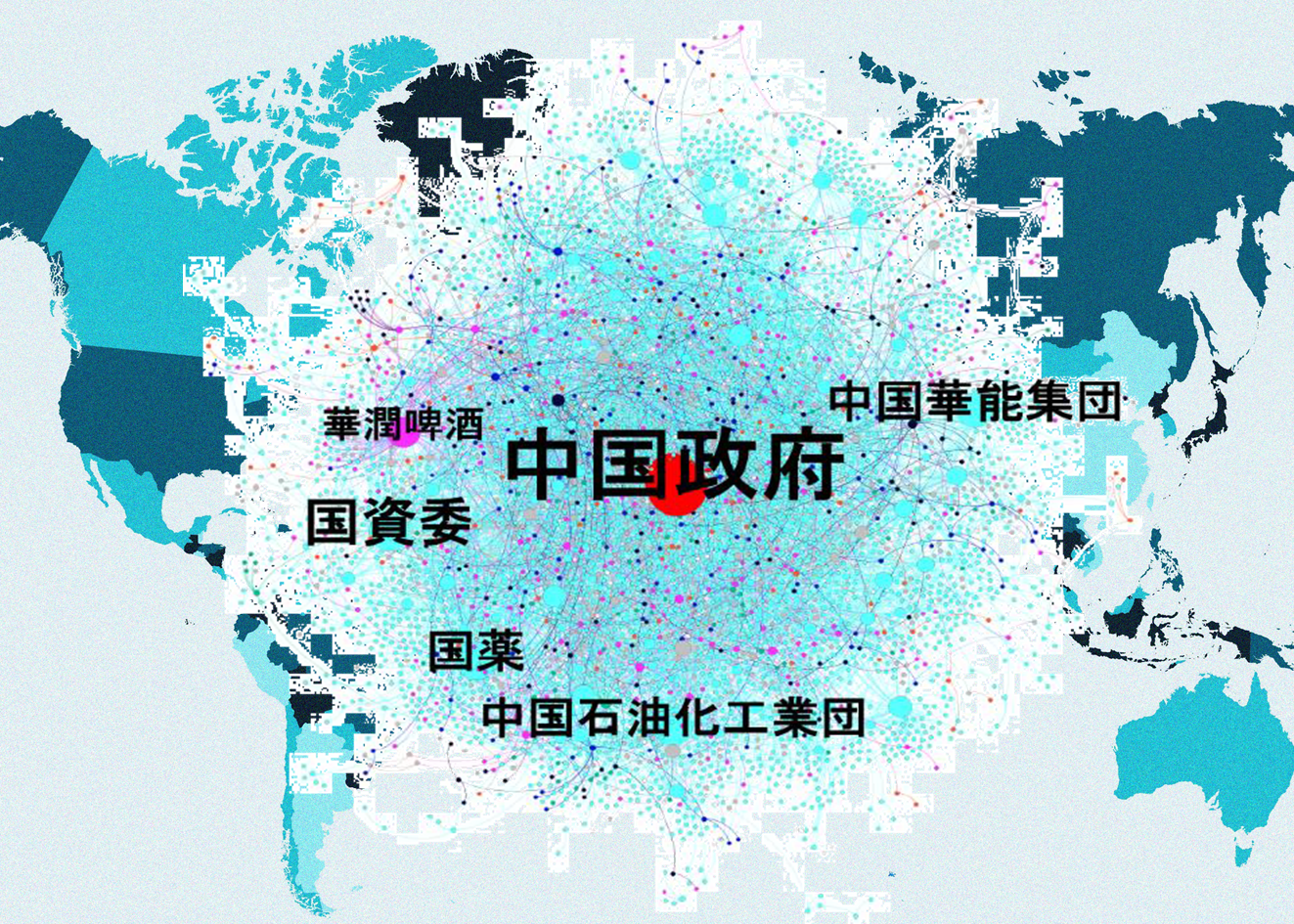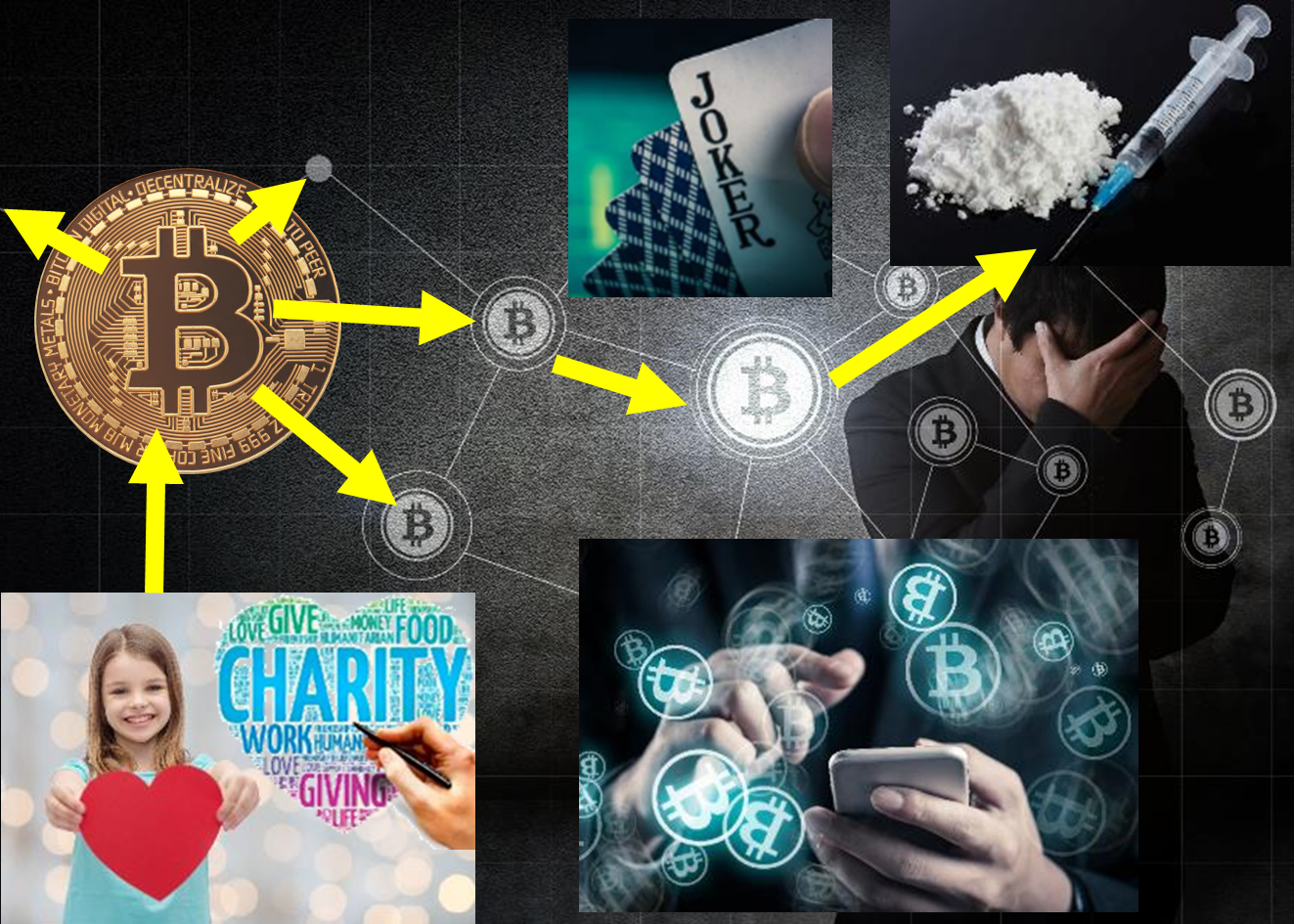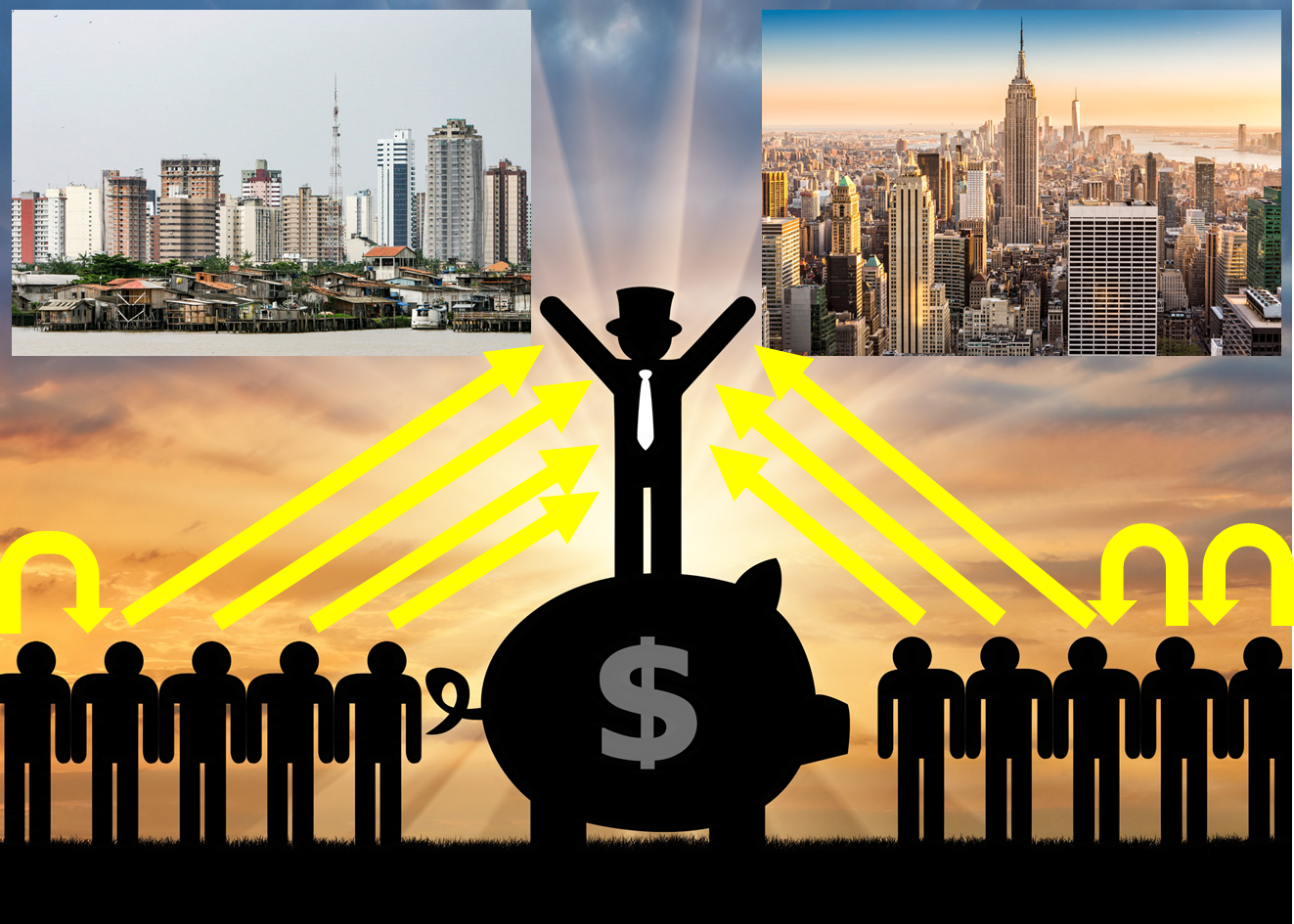Research
The economics of online society
Preventing excessive competition in a cyber society free from spatial constraints
Low price competition and high price trade
We analyzed the logs of over a billion stores and consumers per year on price comparison sites.
Price information is readily available, and it can be seen that prices simultaneously plunge and then jump up to a high level when stocks are depleted. Global competition is causing price avalanches.
Prices can fluctuate from just one cent to several dollars over timescales as short as hours or even minutes, and can be just as volatile as stock prices.

Diversity of preferences: Consumers who make purchases regardless of the price
Economists had hoped that a consistent pricing regime would tend to emerge in the online world. However, due to the wide diversity of people’s preferences, no such system has evolved.
Certainly, a price drop of one cent may lead to a 20% increase in customers, but even with the lowest price available anywhere, the number of customers will only increase by about 70%.
About 30% of people are choosy about which shops they use. Or to put it another way, 30% of customers choose shops as a matter of personal preference, no matter how expensive they are.

Modeling
Step 1: Consumers select multiple favorite stores with probability θ. They make a purchase from their favorite shop that offers the lowest price.
Step 2: Store select multiple competitors with probability φ. They offer a price that is 1 cent lower than these competitors.
Step 3: Consumers and stores do not always check prices, but will check frequently when prices move.

What is a fair price?
Since demand can be well understood on the Internet, a store might recklessly increase its prices unfairly according to demand, resulting in a backlash from angry consumers and a long-term reduction of profits.
[1] Takayuki Mizuno, Tsutomu Watanabe (2013) PLOS ONE 8, e72211.
[2] T. Mizuno, M. Nirei,T. Watanabe (2013) Evolutionary and Institutional Economic Review 10, pp. 93-105.

Research topics
-

Conflict Minerals / Modern Slavery: Research on dark side correction through the global supply chain
-

The rise of China: Visualization and prediction of power struggles in globalized shareholder networks
-

Economic bubbles and financial crises: Detecting outliers generated by self-feedback and crowd behavior
-

Exclusive nationalism versus multicultural symbiosis: A study of cultural fusion and conflict using big data on the movement of people
-

The economics of online society: Preventing excessive competition in a cyber society free from spatial constraints
-

Safe and secure cryptocurrency society: A study of remittance control systems for the cryptocurrency age
-

Manipulation of public opinion: A study of how it can be prevented in SNSs
-

Wealth inequality: A study of corporate productivity and social polarization